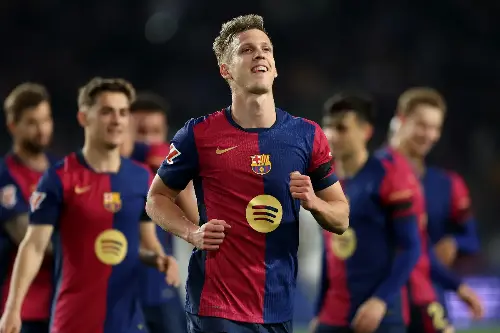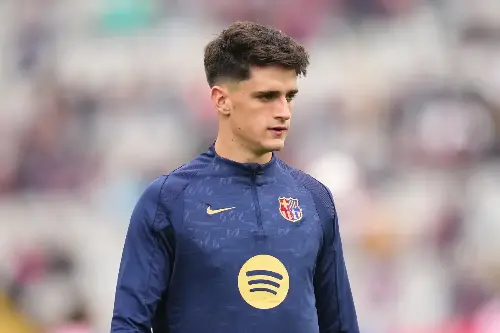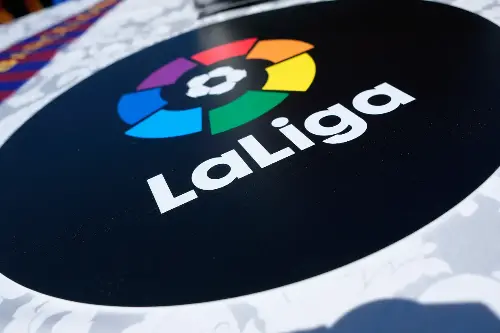On April 3, 2025, FC Barcelona experienced a crucial victory when the Spanish Sports Ministry (CSD) ruled in favour of allowing Dani Olmo and Pau Victor to play for the club until the 2024/25 season ends. This ruling followed the club's successful appeal against La Liga and the Spanish Football Federation (RFEF), who had sought to revoke the players' registrations. The CSD delivered their decision after Barcelona had been granted temporary licences in January while awaiting the outcome of their appeal concerning financial restrictions imposed by La Liga.

Financial Controversy and Rights Dispute
La Liga initially argued that Barcelona had failed to comply with financial regulations by the deadline of December 31, insinuating the club lacked the funds required to register Olmo and Victor within the league’s fiscal confines. However, Barcelona countered these claims, emphasising the intrinsic “right to work” of the players. This assertion prompted the CSD to allow Barcelona to field the two players for the remainder of the season, delivering a substantial morale boost during a season fraught with financial challenges.
Barcelona's Resilience and Team Stability
This decision underscores Barcelona's resilience, ensuring the retention of key players during a period marred by injuries and uncertainty. Under coach Hansi Flick, Olmo and Victor have become essential components of the team, contributing significantly to its dynamics. With Barcelona leading the title race, the CSD's ruling not only strengthens team stability but also highlights the importance of protecting athletes' rights amidst stringent league policies.

La Liga's Legal Challenge
In reaction to the CSD's decision, La Liga swiftly sought a legal challenge. The league criticised the ruling as “not in accordance with the law” and pursued judicial intervention, contending that the prior decision developed with the RFEF was legitimate. La Liga's official response emphasised alleged procedural errors in the CSD’s decision-making and highlighted a perceived overreach of authority. They maintained that the licences for Olmo and Victor were slated to expire naturally by the end of 2024, negating the necessity for further actions.
Procedural Ambiguities and Appeal Plans
La Liga also pointed out procedural ambiguities in the CSD's ruling, questioning the clarity about which internal entities of La Liga or the RFEF had the authority to make such decisions. They argued that these ambiguities did not suggest any “lack of competence” that would invalidate the CSD's ruling. Demonstrating their commitment to “legality, fair competition, and the objective application of regulatory rules,” La Liga is prepared to appeal the decision, determined to protect their regulatory standards.

Barcelona's Financial Strategies and the Road Ahead
Meanwhile, Barcelona remains aware of their ongoing financial challenges despite this provisional triumph. Strategies such as a €100 million deal involving a 30-year lease for 475 VIP seats at Camp Nou exemplify the club’s proactive measures to manage their financial commitments. As the legal proceedings continue, the sports community is keenly observing whether La Liga succeeds in overturning the CSD's decision.
At this moment, Olmo and Victor remain positioned to continue making vital contributions on the field, amplifying Barcelona's quest for success this season. This case’s broader implications illuminate the complexities of sports governance and predict continued discussions among clubs, governing bodies, and regulatory committees. While Barcelona relishes a temporary victory, the ongoing pursuit of compliance and integrity within the world of sports continues to reverberate throughout global football.
